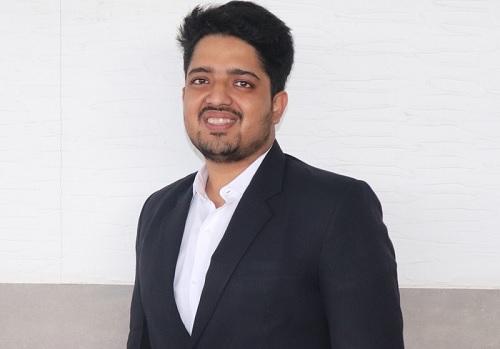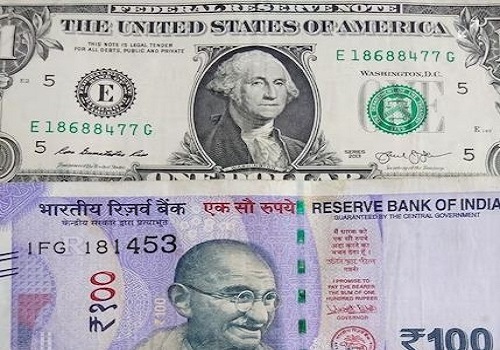Samsung-incubated startup TagHive dreams big in South Korea India
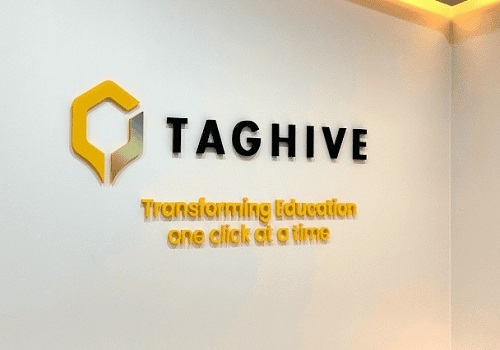
Among the many startups founded and operating in South Korea, TagHive, an education technology company launched in 2017, is distinguished for its founder and CEO Pankaj Agarwal.
Agarwal was born in a small town in northern India and studied at the prestigious Indian Institute of Technology in Kanpur. He started TagHive through Samsung Electronics Co's venture incubator programme, Creative Lab (C-Lab).
"I've met some foreign startup business people in Korea, but I think I'm the only one from India," Agarwal said in fluent Korean in an interview with Yonhap News Agency.
He holds a masters from Seoul National University and an MBA from Harvard University. The story of his career begins with Samsung, which he joined through a campus recruit programme in 2004.
"When working at Samsung, I proposed an idea but it was turned down," the Indian businessman said. "But I developed the idea further and I was told to go to C-Lab."
His idea was about an electronic signal system between a main receiver or a smartphone and remote controls that can operate even without internet connection or public electricity.
At C-Lab, he used the idea to build the interactive classroom solution and launched TagHive in 2017.
TagHive offers clicker-based classroom response systems and AI-powered self-assessment solutions used in school classrooms under the "ClassKey" brand.
Each student participates in their class with a clicker in their hands and presses buttons to respond "Yes" or "No" to the teacher's questions or click the numbers to multiple choice questions.
The teacher checks the students' answers on the lecturer's screen or smartphone paired with the clickers.
"ClassKey" also offers a program to carry out instant polls or elections to pick the classroom president and other leaders.
"The teacher receives data from all students and can evaluate their proficiency and related statistics, including the percentage of correct answers, with one click," Agarwal said. "If a majority of students were wrong, the teacher can change the teaching style to lower the difficulty."
He said some 1,800 sets of "ClassKey," which has 25 clickers in one unit for one classroom, have been sold in South Korea, and its clients are very satisfied with the product.
It accounts for about 1.5 per cent of the total 120,000 classes in the country.
Agarwal said TagHive eyes the bigger education market in India where 1.5 million elementary and secondary classes across the nation.
The company sells its clicker solution under the "Class Saathi" brand in India, with Saathi meaning friend in Hindi.
He said some 2,000 sets of "Class Saathi," which has 40 clickers, were sold last year. TagHive opened an office in Kolkata and launched the product and the subscription service in 2019, but had to hold the plan for about three years due to Covid-19.
"Our product, which requires no internet or electricity, is very useful in India where many regions are still underdeveloped," he said. "But India has relatively high smartphone subscriptions and nearly all teachers have them. They can teach students with 'Class Saathi' even in a school in a small remote area."

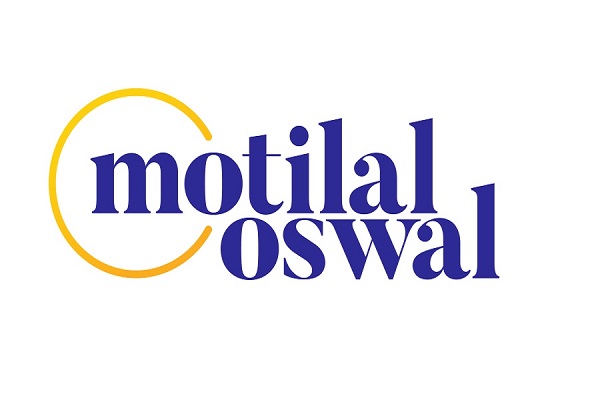
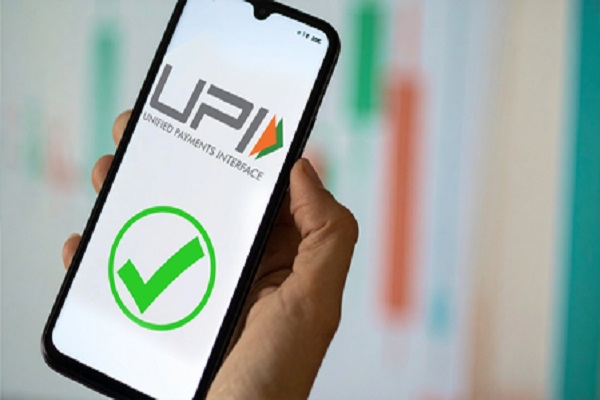

.jpg)


